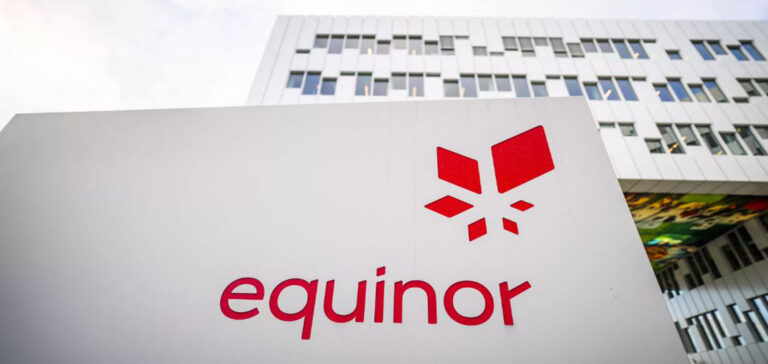The Norwegian energy giant Equinor reported a fall in net profit. It shows a sharp drop, mainly due to falling prices, particularly for natural gas. However, the results were better than expected.
Fall in net income
In the third quarter, Equinor’s net profit fell by a spectacular 73% to $2.5 billion. This significant drop reflects the pressure exerted on raw material prices.
Adjusted operating income
The Group’s preferred indicator, adjusted operating income, which excludes certain exceptional items, came in at $8 billion, three times less than a year ago, but ahead of analysts’ forecasts. The latter were forecasting 7.6 billion.
Impact of the Geopolitical Situation
Like its competitors, Equinor, in which the Norwegian state holds a two-thirds stake, is suffering the consequences of the fall in prices from the peaks reached the previous year, due to events in Russia, although prices remain high. The price of a barrel of North Sea Brent crude fell by 14% year-on-year to $86.8, while the price of Norwegian gas dropped by 79%. Equinor’s hydrocarbon production also fell by 1%, to 2 million barrels of oil equivalent per day (Mboe/d).
Impact on Equinor’s finances
Equinor’s quarterly sales totaled $26 billion, down almost $18 billion on the same period last year. In addition, the Group booked a provision of $300 million for a wind farm project off the coast of New York. In collaboration with the British group BP, Equinor tried to negotiate more advantageous financial terms for the project, pointing to rising costs in the offshore wind sector, but was unsuccessful. In its report, Equinor says: “Equinor assesses the implications for its projects.”
In short, Equinor’s quarterly results testify to the challenges facing the energy sector, but also demonstrate the company’s ability to adapt and outperform forecasts despite difficult market conditions. This economic situation highlights the importance of global economic stability and geopolitical developments for companies operating in the energy sector.






















